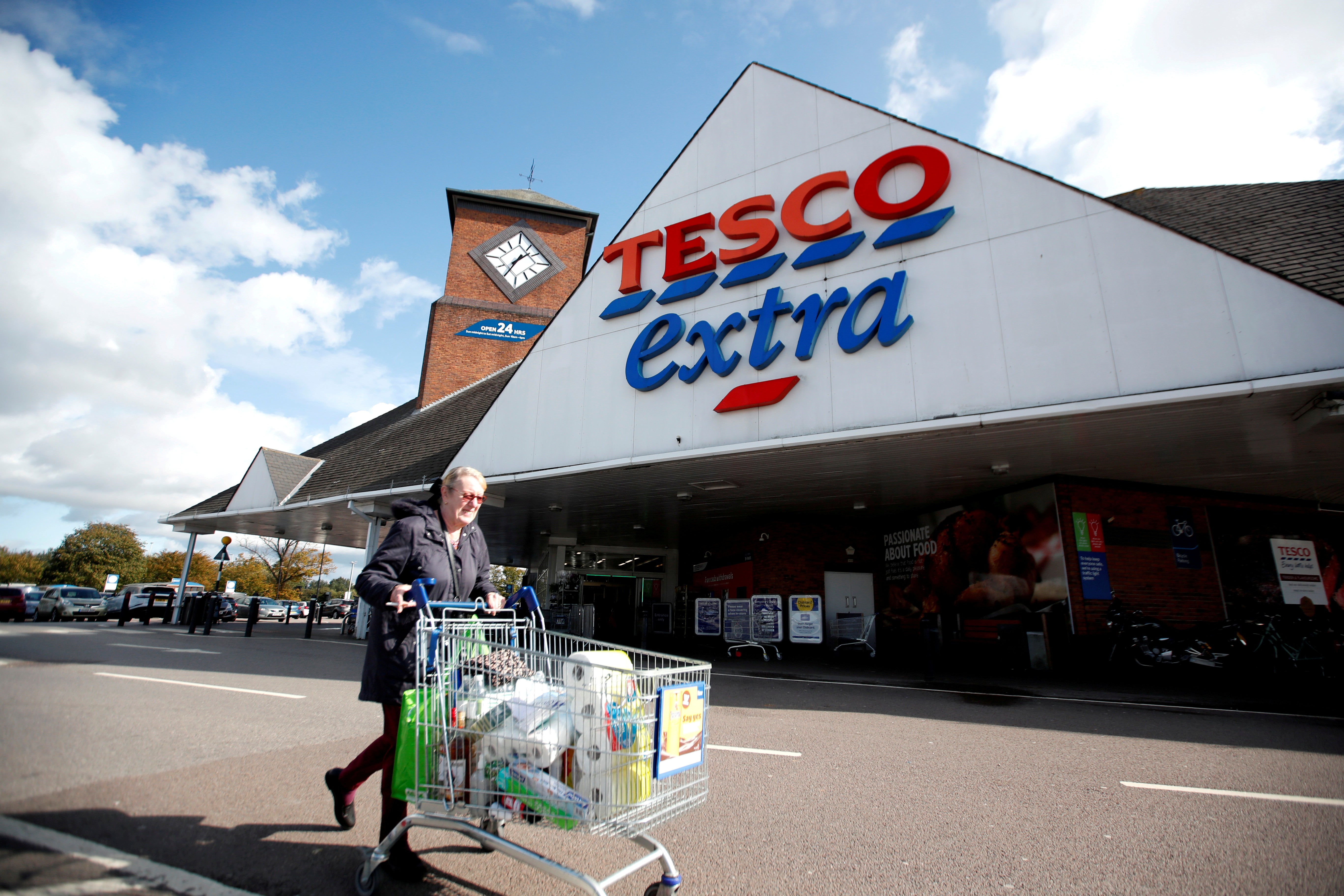Tesco’s booming sales, ignited by the pandemic, have sharpened focus on corporate social responsibility
Even investors are taking the treatment of customers and staff seriously, especially at businesses like supermarkets and online retailers that have done well through the course of the crisis, writes James Moore


Tesco had a lot to say in its latest trading statement.
CEO Ken Murphy was at pains to stress the group’s efforts on behalf of vulnerable customers and the way it’s been “supporting” them, in his opening quotes. There was also a line about the group’s commitment to “doing the right thing for all our stakeholders” including a 10 per cent Christmas bonus for staff.
While it’s not unusual for supermarkets to highlight issues like these for PR purposes when updating the stock market, Murphy and his team had a particularly good reason for driving home the point this time.
The supermarket once known as the store that “ate Britain” has been chowing down again thanks to the pandemic.
Sales have boomed and the latest trading update showed a continuation of the trend through the group’s third quarter (the 13 weeks to 28 November) when they grew by 6.8 per cent. They then accelerated through the festive period, which Tesco counts as the six weeks to 9 January, coming in ahead by 8.1 per cent.
Figures like that have been noticed by the public. It’s true that Tesco has incurred extra costs related to the crisis too. The latest estimate was, at £810m, some £85m ahead of the previous one.
Pandemic related absence is a major reason but that’s hardly unique to this company. It’s an issue affecting all employers that depend on having staff on site.
The boom the supermarkets are enjoying has understandably led to a heightened focus on their social responsibilities. It played a major role in the revolt over the business rate holiday that ultimately led all the sector’s big guns to return hundreds of million of pounds in taxpayer support that shuttered “non essential retailers” desperately needed but they very obviously didn’t.
Nobel prize-winning economist Milton Friedman memorably asserted that the only responsibility companies have is to increase their profits. For many years Britain’s corporate sector agreed, albeit with the occasional bone thrown to critics.
But that idea has increasingly been called into question as the environmental and social damage caused by unfettered capitalism has become clear. The pandemic has only served to increase the volume at which issues of corporate social responsibility (CSR) are being raised, increasing the pressure on companies to it seriously.
Interestingly it’s not unusual for investors to be exerting it.
A growing subset of them have started make a fuss about CSR. Led by their clients, they’ve even been moved to vote on it. This can most obviously be seen in their backing for resolutions filed on climate change. But it’s not just that.
All this has created a challenge for companies seen to have benefitted from the crisis, and the supermarkets are clearly among them. The same is true of businesses like BooHoo or Asos, online purveyors of fast fashion which have also faced increased scrutiny.
The Covid-19 crisis has demanded a response that goes beyond pretty words and PR spin.
I wrote yesterday about the one made by Morrisons – it bumped its workers’ pay up to a minimum of £10 an hour. Tesco’s may also have to move further on this front. Bonuses are nice but they work much better for CEOs on seven-figure basic salaries than they do for shop floor workers at the other end of the scale.
Customers are well aware that the latter have been risking their lives in serving them, something that’s far from true of their bosses.
If this all ultimately leads to a reassessment of corporate priorities, a recognition by companies that there is such a thing as society and that they are a part of it, it would be no bad thing.
In the meantime, Murphy should follow the example of Morrisons CEO David Potts. Clapping your staff in the trading statement is all very well but paying them is better.



Join our commenting forum
Join thought-provoking conversations, follow other Independent readers and see their replies
Comments